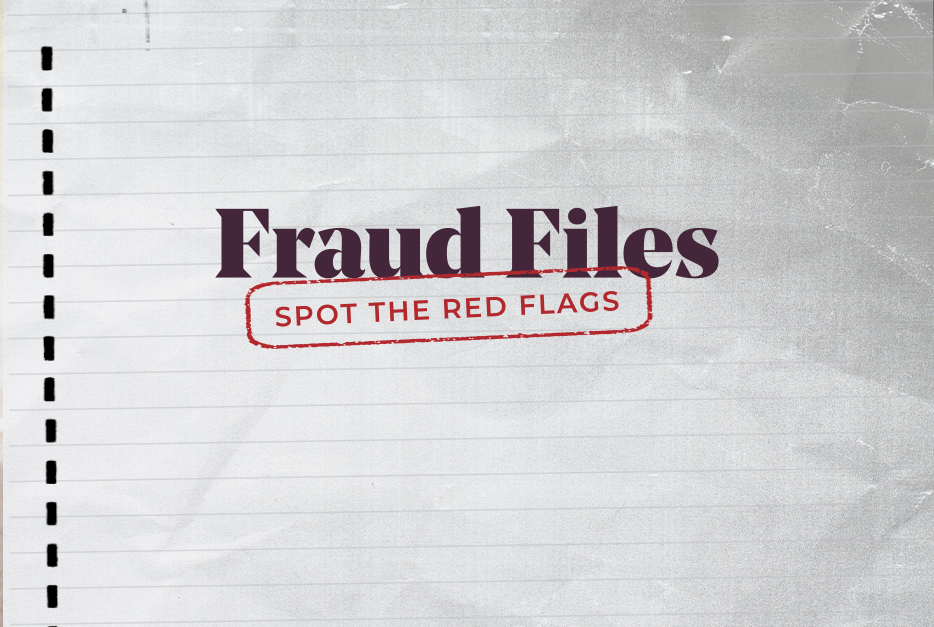Fraud Files: A holiday without the headache
There’s something so exciting about getting away on a much-needed vacation. Whether you’re off to the mountains or the beach; in the winter or the summer; by yourself or with friends or family, there’s one thing about travel that applies to everyone: we all need to be careful.
Sadly, there are people out there who don’t care if you have a miserable holiday. Being mindful and exercising caution at the outset can make all the difference to ensuring you have a memorable, stress-free vacation.Here are five tips to help protect yourself from frauds, scammers, and thieves:
1. Share your travel plans in advance with your financial institution and credit card company
Before you leave for vacation, let your financial institution and credit card companies know when and where you’re travelling, and the length of time you’ll be away. They’re often on the lookout for unusual transactions. It also makes it easier to identify false transactions later, should your card be skimmed and an attempt is made to use it after you’ve left your destination.
2. Don’t share too much information
Naturally you’re excited to be getting away, but in a world where we are used to seeing posts on social media about everything someone does and eats, you should be cautious about posting too many details about where you’re staying and how long you’re away. If you don’t completely trust that your information on social media is private, consider refraining from posting these details and pictures until after you return from your trip.
3. Keep a copy of your IDs and information
Should something happen to your wallet with your credit cards and other personal identifiers, it’s a good idea to have numbers and a copy of relevant information documented and kept somewhere safe. When you’re booking a hotel, make sure they have a safe where you can keep your private documents and other items of value.
4. Split up your cash
When we travel, a lot of services and businesses want you to pay with cash, and that’s what a lot of pickpockets are counting on. Bring some cash with you for the day and leave the rest in your safe. You can also split up your cash with a partner, so if your wallet goes missing, at least you still have half. You may also want to split up where you carry it on yourself for instance, don’t keep it all in your wallet, think about keeping some in a discrete pocket and some in a money belt or another location.
5. Watch your Wi-Fi
Depending on where you stay on holidays, the Wi-Fi in your room may not be 100% secure, meaning the information on your computer and/or phone could be at risk. When entering the hotel Wi-Fi code, make sure you’re also asked for additional information that only the hotel staff would know, such as your room number. If you plan on accessing financial accounts, we recommend using VPN to protect your login information, since many hotel Wi-Fi connections are open to the public, it’s like having someone looking over your shoulder when you put in your PIN at a retailer.
Key takeaway: You can be proactive by taking steps to protect yourself against fraud or theft. Wherever you choose to venture, please use these tips to stay safe and have a great trip!
Sometimes, we can help spot and stop a fraud scam before a member loses money. Unfortunately, this is not always the case. Preventing fraud is an important responsibility we all share. SCU strongly recommends that members remain vigilant and learn to protect themselves from falling victim to fraud. Visit our Fraud Prevention Centre to learn more about fraud and how to spot it, and if in doubt, reach out to SCU for help at 1.800.728.6440.



